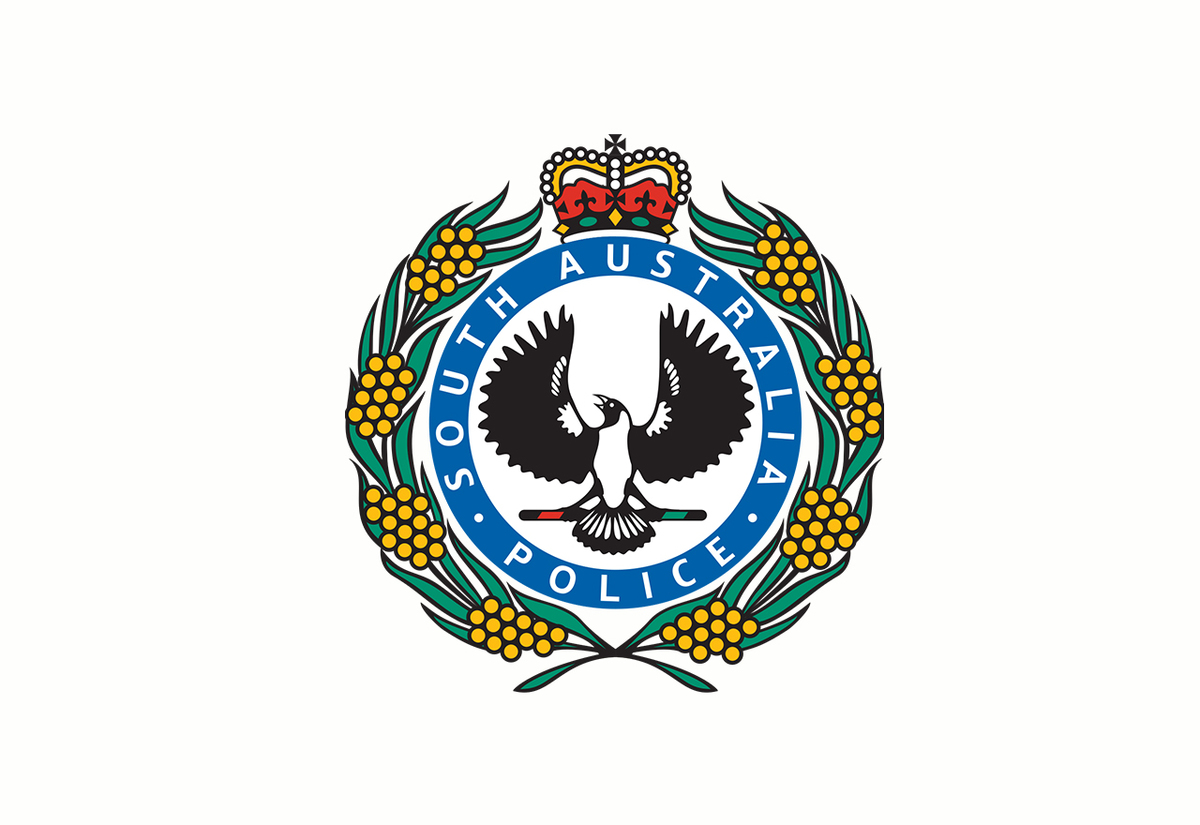Police news on the Fleurieu
30 March 2020, 1:30 AM

Here is a summary of the latest police news on the Fleurieu and Kangaroo Island.
Expiation notices to be introduced for COVID-19 non-compliance
From 28 March, police are able to issue an on-the-spot fine to those who fail to comply with directions made by the State Coordinator for the declared Major Emergency, under the Emergency Management Act 2004.
While penalties for non-compliance already exist within the Emergency Management Act 2004, they require the South Australia Police to initiate a prosecution, which does not give officers access to an immediate, effective, and proportionate enforcement of these directions at this crucial time.
It is proposed that authorised officers will be able to issue expiation notices of $1,000 for non-compliance by a person and $5,000 for non-compliance by a body corporate.
SA Police Commissioner Grant Stevens says, “It is important that authorised officers have this option to counteract individual cases of non-compliance and provide a swift deterrent to further non-compliance.
“This in turn is key to achieving the desired public health outcomes, namely, minimising transmission of COVID-19 to flatten the infection rate curve.
“While most people are doing the right thing and complying with these directions, there are still a minority within the community who are not complying with the restrictions and are putting others at risk.”
SA Health continues to provide a daily list to SAPOL for compliance checking of people with self-quarantine and self-isolation obligations. However, this has increased in numbers as police collect their own data through border control activities and calls to the Police Assistance Line and Crime Stoppers.
Since 16 March, SA Police have conducted 199 compliance checks of which nine were assessed as non-compliant. All of those have been provided information to educate them to reinforce in no uncertain terms how important and critical it is that they do comply with the requirements of isolation.
For businesses that have been directed to close, Police have undertaken a major education focus to assist businesses fully comprehend what the restrictions really mean for them and their staff.
A total of 3200 business compliance checks have been conducted with approximately 75 assessed as non-compliant since 16 March. Those businesses that were assessed as non-compliant were given specific directions and all have immediately complied from that point.
Essential traveller requirements
All persons entering South Australia are required to self-quarantine for 14 days, unless they are an Essential Traveller. A copy of the list of people who are considered Essential Travellers can be found online.
Any travellers who enter South Australia may be stopped by police at checkpoints and Essential Travellers may be required to provide evidence of their status. A police officer will complete a form on behalf of the traveller to record their personal particulars.
The police officer will then assess that claim and if the criteria are met, an Essential Traveller Notice, signed by the police officer will be issued. This notice must be carried or displayed on the vehicle dashboard at all times.
If the criteria have not been met, you will be advised that you are subject to self-quarantine for 14 days and you will be provided with an information sheet, which outlines the direction.
To reiterate, there is no application process to become an Essential Traveller. In the first instance, travellers self-assess their status as an Essential Traveller based on the categories. When stopped at the checkpoint by police, the police officer will make the determination at the time.
If you have any further queries regarding the border control process you can call the SA COVID-19 Information Line on 1800 253 787 between the hours of 8.00am to 8.00pm 7 days per week.
Stay cyber safe when working from home
Due to current world events, a greater proportion of the South Australian workforce is working from home. Unfortunately, cyber criminals are opportunistic and will look at ways to exploit this situation.
South Australia Police urge the community to be mindful about what information they are sharing online about their work from home setups, in particular inadvertently disclosing personal information by uploading photos.
Common issues include photographs of friends or family members in the background, and notepads/post-it notes in view with personal information such as phone numbers, email addresses and even passwords.
If you are using a personal computer to work from home, we recommend you do the following:
- All your software is up-to-date and that you have suitable Antivirus software installed.
- Use an internet connection that is secure, and known to you.
- If you are moving files between work and home with a USB or portable hard drive, ensure the devices are encrypted. That way, if the device is lost, it offers some protection over its contents.
For specific guidelines around work from home policies and procedures, consult with your employer.
For more tips, visit the cyber security website.